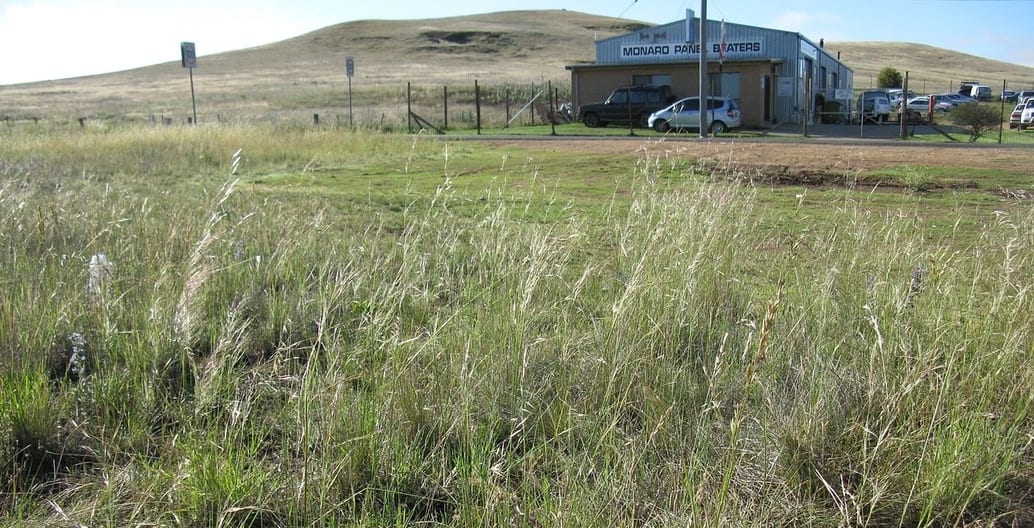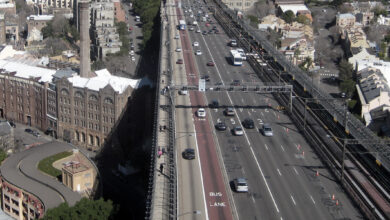
Foreground reads: our pick from around the web in June
Australia’s environment remains in the headlines this month as the Adani mine progresses against advice from multiple sides, and the media exposes federal ministers’ attempts to interfere with grasslands protections. Meanwhile a circular economy could offer some solutions to Australian’s woes.
Josh Frydenberg’s office asked if environmental rule changes could be kept secret
The Guardian has reported that the office of the former environment minister Josh Frydenberg canvassed whether he had the power to water down federal protections for critically endangered grasslands and if it could be kept secret. Fellow minister, Angus Taylor raised the issue, which was affecting a company he part-owns. Swallowed up by expanding cities and lost to agriculture, Australia’s grasslands are the most threatened ecosystem in Australia. Only 0.5 percent of grasslands in Australia remained in good condition in 2006.
Queensland approval of Adani plan ‘unlawful’, say environment groups
A series of articles have followed the fortunes of approvals for the Adani coal mine over the recent months. There are ongoing legal challenges to both the processes and foundation of the project: from a successful legal challenge by the Australian Conservation Foundation, reported on June 13, to the initial Federal approval of a water pipeline assessment, and the go-ahead, on the same day, to start work on Adani’s Carmichael coalmine after the Queensland government approved plans for groundwater management. Environmental groups and activists are considering a legal challenge to the Queensland approval, in what it sees as negligence by Australia towards its international climate obligations under the Paris agreement, as well as breaching rules related to source aquifer.
Blue Mountains World Heritage status on notice as report questions Warragamba Dam proposal
Advisers to the United Nations have expressed concerns about a plan to raise the Warragamba Dam wall because of its likely impact on the Blue Mountains. The World Heritage Centre, which advises the UN committee in charge of world heritage properties, published its position on the project on Friday, noting “with concern” that raising the wall by 14 metres is expected to increase the frequency and extent of inundation of the world heritage-listed site.
Can Australia become the next circular economy superpower?
The World Circular Economy Forum, held this month in Helsinki, provided new fuel to the drive to shift Australia towards a circular economy. The last time the forum was held in Australia, in 2015, it was estimated that the value of a circular economy to Australia would be around AU$26 billion per year by 2025. Among the 90 states attending the Helsinki forum were four Australian states: South Australia, Victoria, NSW and Queensland.
The shift to a circular economy would include redefining waste as a resource, placing a value on removing vehicles from the road, preserving drinking water and reducing fossil dependent fuels. While Australia is already experiencing this transition as new sharing and reuse business models enter the market, infrastructure and services remain wedded to centralised business models that are up to 75 years old, supported by outdated government policy, legislation, regulation and tariff structures.


